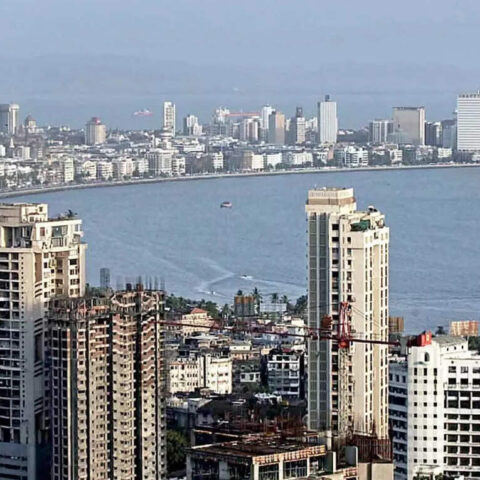
KOCHI: The Phase III township model campus of Infopark, set to be developed in Kunnathunadu constituency, will be one of the key projects presented by the state govt at the Invest Kerala Global Summit in Kochi this Feb. The govt aims to attract global investors by showcasing this prestigious IT park project, which will span 300 acres.
To present the project at the summit, the govt has begun finalizing the components and concept designs of the multi-crore township. The Greater Cochin Development Authority (GCDA) has identified three potential land parcels, each 300 acres, in the Kizhakkambalam and Kunnathunadu areas. Once the concept design is completed, one of these parcels will be selected for the project, which will be executed using the land pooling method.
“We have identified three locations but are yet to finalize the land as the concept designing process is still ongoing. Once complete, we’ll select one of these sites,” a GCDA source said. After finalizing the designs, the authorities plan to present the benefits of the project to landowners in the selected area.
The 300-acre campus will allocate 200 acres for residential and commercial development and 100 acres for IT infrastructure. Unlike traditional IT parks, the new campus will feature a futuristic design that aims to attract global companies. In addition to IT infrastructure, the non-SEZ area will include social infrastructure such as schools and retail facilities.
The township will also have self-sufficient transport systems and direct road connectivity to the airport and national highways.
“We are in talks with major investors for different components of the project. By presenting this detailed plan at the Invest Kerala Global Summit, we hope to attract leading global players,” said a senior Infopark official.
The land pooling approach, which is being used for this development, will see landowners receiving 60% of the original land after implementation, with property values expected to increase by three to four times.
The demand for a third Infopark campus has been growing, as both Phase I and II campuses are fully occupied with no available space.









